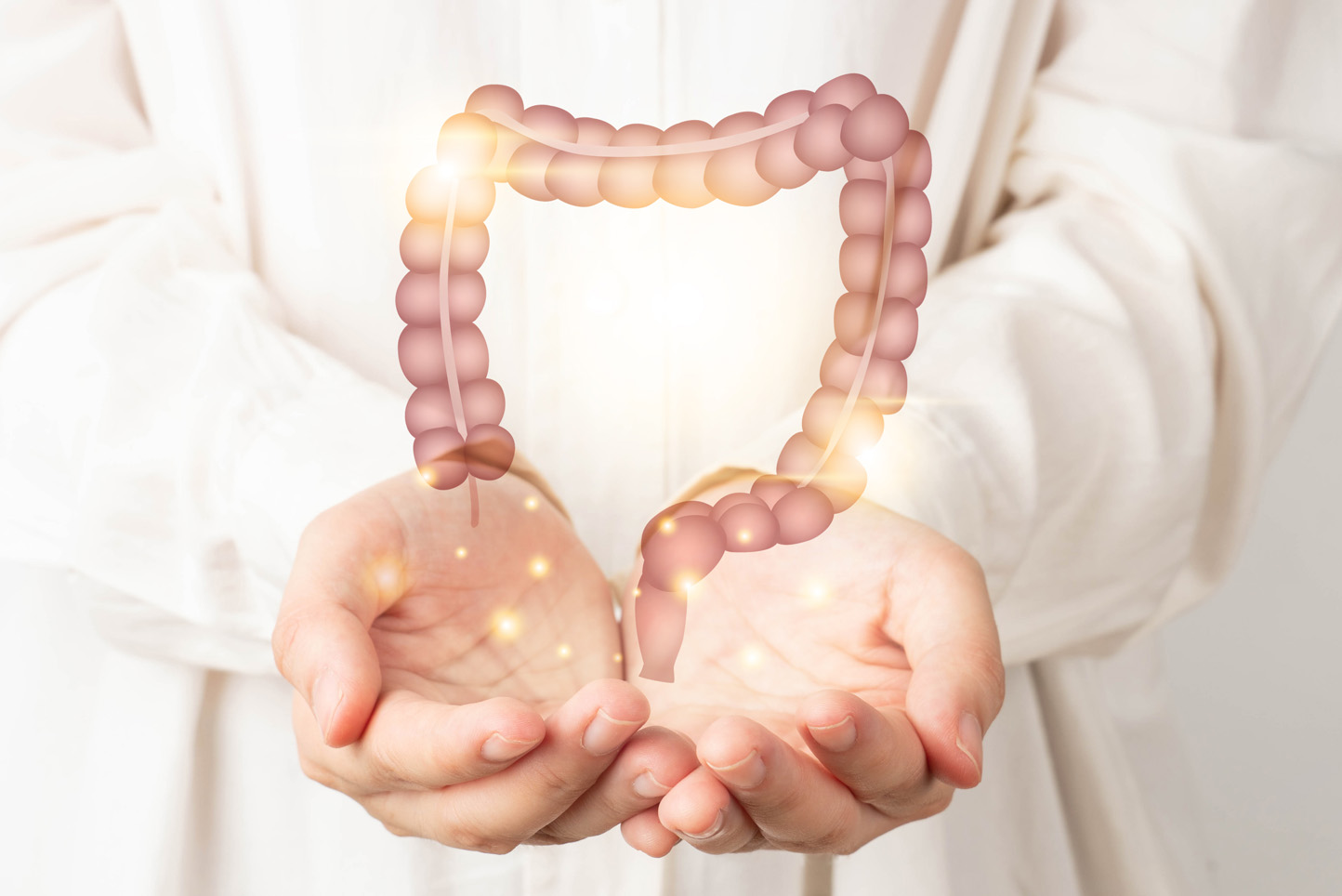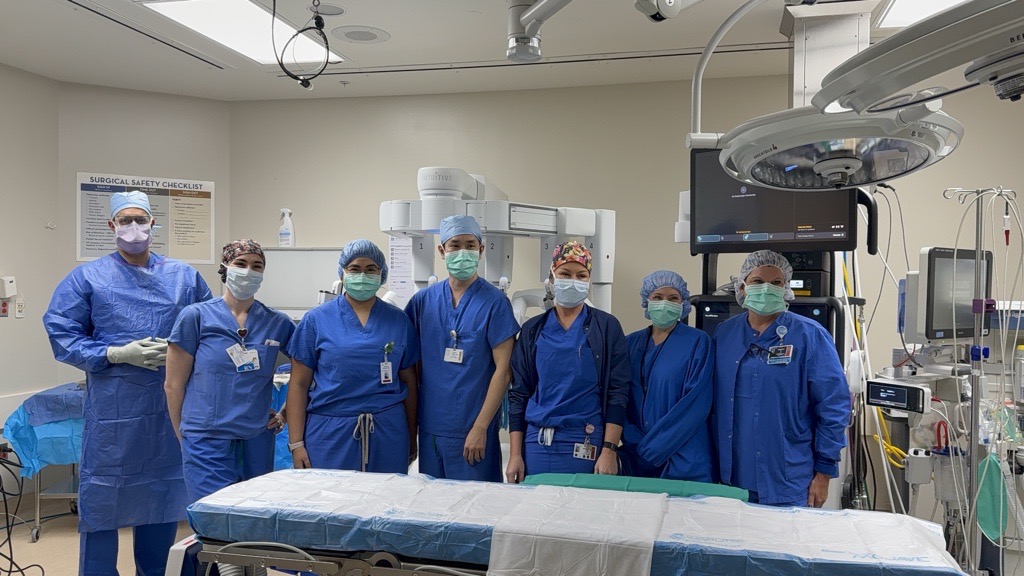Summary
Read this article to discover how regular blood pressure monitoring, minor weight loss, regular exercise and healthy dietary changes can significantly help manage and prevent high blood pressure, a silent condition that can lead to severe health complications if left unchecked.
Unfortunately, high blood pressure doesn’t always come with recognizable symptoms. One in three American adults will have high blood pressure at some point in their lives, but most will experience no warning signs. If left untreated, high blood pressure could eventually lead to stroke, heart attack, or kidney failure.
That’s why I recommend checking your blood pressure regularly—every three to six months—either while on a scheduled visit to your clinic or at the blood pressure cuff at the pharmacy. A reading higher than 120/80 should be discussed with your doctor.
While genetics are a major risk factor for developing high blood pressure, lifestyle choices also play a role. Being overweight, smoking, and eating a high-sodium diet can all increase your chances of developing high blood pressure. The good news is—some simple changes can make a big difference.
First, lose a little weight. It only takes about 10 pounds or 10 percent of your body weight to start impacting your blood pressure. That means a 10 pound gain can boost your blood pressure, but for people who are only moderately overweight, a 10 pound loss can start reversing the trend.
Second, get moving. Exercise releases nitric oxide, a chemical that relaxes your blood vessels and therefore lowers blood pressure. For most people, 30 to 45 minutes a day is a good start. Check your blood pressure before and after you exercise and just see the difference.
And third, watch what you put in your body. If you eliminate smoking and processed foods from your diet, you’ll free your body from harmful substances that can raise blood pressure. Try cooking with spices and herbs to make food tasty without using salt, and eat plenty of fruits and vegetables. The calcium, potassium, and magnesium in produce helps relax blood vessels.
So remember—check your blood pressure regularly, take steps to lower it, and enjoy better overall health for your efforts.
Brad Personius, MD, is the Director of Cardiology at Asante Three Rivers Medical Center and is a partner in Southern Oregon Cardiology in Grants Pass.









